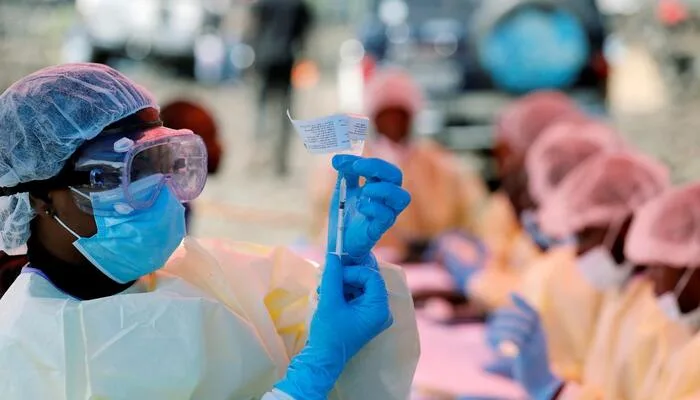GENEVA: The World Health Organization (WHO) on Wednesday announced a breakthrough agreement among nations on how the world should prepare for and respond to future pandemics.
The landmark 32-page accord was finalised after over three years of negotiations and 13 formal rounds of talks. It will now be presented to the World Health Assembly in May 2025 for adoption.
“Tonight marks a significant milestone in our shared journey towards a safer world,” said WHO Director-General Tedros Adhanom Ghebreyesus. “The nations of the world made history in Geneva today.”
Key Points of the Agreement
The global pact includes several major provisions to improve readiness and equity during health emergencies. Among the core commitments are:
-
Rapid sharing of pathogen data
-
Strengthening knowledge and technology transfer
-
Creation of a global emergency health workforce
-
Establishment of a Pathogen Access and Benefit-Sharing System (PABS)
These measures aim to prevent the delays and inequalities seen during the COVID-19 pandemic, where poorer countries struggled to access vaccines and treatments.
Compromise on Technology Sharing
Talks ran late into Tuesday night and extended into the early hours of Wednesday. Major sticking points included intellectual property rights and technology transfers. Wealthy nations were reluctant to accept mandatory language on sharing medical technologies.
Negotiators ultimately agreed on the term “mutually agreed transfers,” allowing more flexibility while still promoting global cooperation.
South Africa’s Precious Matsoso, one of the lead negotiators, praised the deal. “This was a monumental effort,” she said. “It will increase equity and protect future generations.”
U.S. Absence Noted
The United States, under former President Donald Trump, had withdrawn from the WHO in February and did not participate in the final negotiation round. However, many global health experts believe the agreement will still carry weight without U.S. involvement, especially if re-engagement occurs under future leadership.
No Binding Enforcement, But Strong Framework
While the accord does not have legally binding enforcement mechanisms, experts say it provides a much-needed framework. It promotes cooperation, transparency, and equitable access — issues that proved critical during the last pandemic.
Helen Clark, former Prime Minister of New Zealand and co-chair of the Independent Panel for Pandemic Preparedness, emphasized the importance of unity. “This agreement shows that the only way to defeat the next pandemic is by working together.”
What’s Next?
The final draft will be put to a vote at the World Health Assembly in May 2025. Member countries are expected to support the agre
ement, though some nations may propose minor adjustments.
If adopted, the pact will reshape how countries share health resources, information, and responsibilities during global health crises.
Follow us on Google News, Instagram, YouTube, Facebook, Whats App, and TikTok for latest updates
